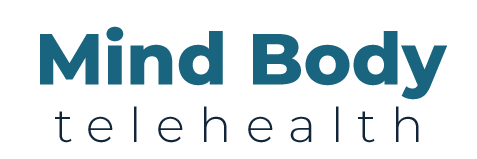“Diminishing language” leads you to feel like you are less than who you thought you were or hoped to be, whereas “enhancing language” leads you to feel like you are more than who you thought you were or hoped to be. This is true whether the language is used in thinking and thus primarily affects the thinker, or is used in communication and affects both the communicator and the person who is receiving the communication. An example might be when a goal is not achieved. It can be described in diminishing language as a “failure” or “blowing it” or “not achieving a goal” or in enhancing language as a “lesson” or “learning what does not work” or “hasn’t been accomplished yet”.
There is a punitive aspect of diminishing language, as if the intent is to demean the performance or make the achiever feel bad, whereas enhancing language more objectively describes what has occurred and expresses rational hopefulness that it still might be achieved after more effort. An example might be the usual grading system in schools, which describes nonachievement of a learning goal as a failure or “F”, instead of how much achievement towards a learning goal has been accomplished. For example, one could say that students have achieved 40% of their learning goal, and describe this as “not yet passing”, rather than as a “failure”.
Other examples can be found in judgments about our own activities or about the activities of others. Language can be used that primarily describes how much people’s actions have fallen short of the goal (diminishing language such as bad, screwing up, should not have, abnormal, etc.). Alternatively, language could be used that describes how close people came to achieving their goal (enhancing language such as % of goal accomplished, good effort towards achieving the goal, goal not accomplished yet, etc.)
Other types of diminishing language are words and expressions that limit choice, such as should, need to, must, have to, because each of these imply that we are victims of circumstances, not individuals with free will and the ability to choose our actions. Enhancing language in contrast indicates the ability to learn, grow and choose our actions – such as want to, will, choose to, and learn to. The success of activities is best described in terms of what is achieved, not in terms of what is not achieved. The latter is not only less informative, it also has the effect of demoralizing and lessening the motivations of a person in terms of continued efforts. A common expression of this idea is the familiar game of “hot” and “cold” and the frequent finding that “warmer” or “hot” cues are far more helpful for identifying the hidden item than are “cooler” or “cold” cues and also make the game more interesting and less frustrating for participants.
A future post will discuss how using the concept of guilt is another way of diminishing others or ourselves and how using the concept of responsibility can be a way of enhancing others or ourselves.

